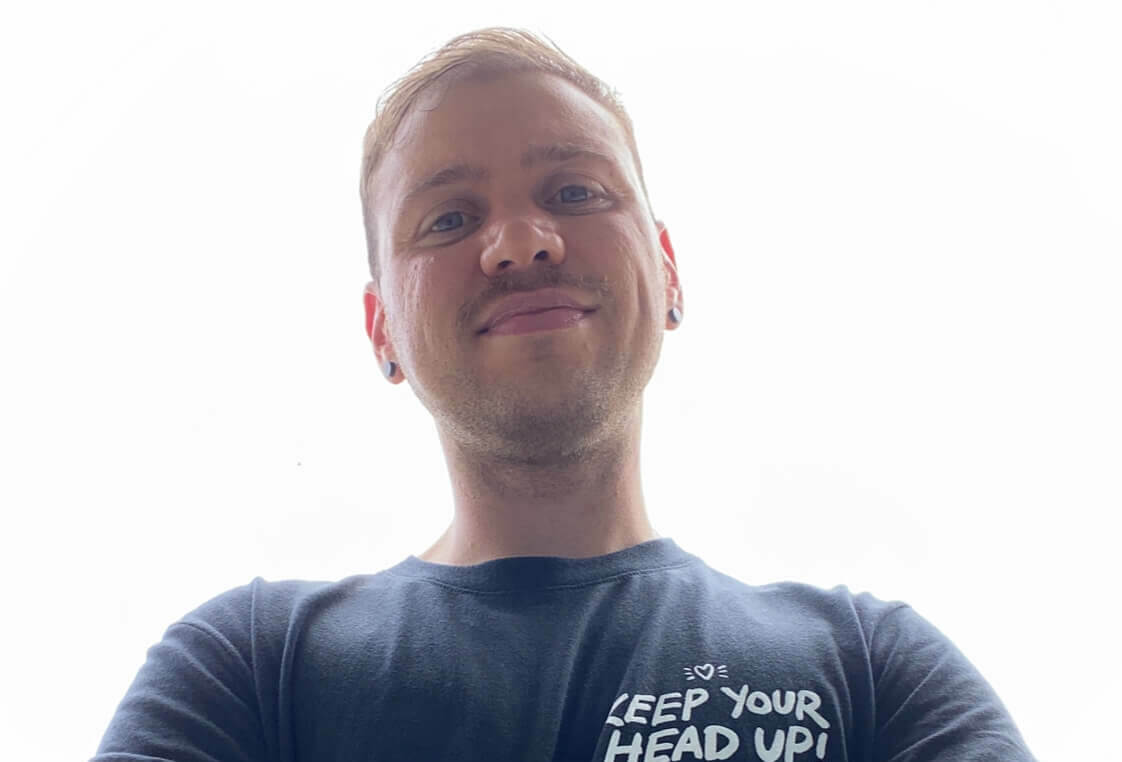How and why I focus on recovery everyday
My story is not that different from most people who have experienced an eating disorder.
My struggle with Anorexia Nervosa (AN) fits the textbook definition and the similarities between my story and others are uncanny. However, for myself, as with others, the illness experience itself was incredibly personal.
Most importantly, my journey to recovery has been my proudest and the most demanding accomplishment.
During my eating disorder, I spent nearly every minute consumed with food in some way. I developed an eating disorder at 15 years old and it impacted my ability to embrace life for the remainder of my adolescence.
The years lost in my illness were dark and terrifying. I was completely apathetic toward life. I did not know what it meant to genuinely smile or even feel. Sometimes I would look in the mirror and literally have no idea where I had disappeared to, or who I had become.
I was living as a complete prisoner to my eating disorder. I remember thinking: Is this all there is for me? I was in such a frail condition, struggling to even get out of bed, and had basically given up on living a life free of AN.
There was not a specific turning point that inspired me. Rather, a slow dawning awareness that I was caught in something that had to be changed. It was a subtle journey of self-discovery that I embarked on. I felt a noticeable pull to partake in and be present for the adventures and opportunities that were available to me. Ultimately, I began loosening my grip on my eating disorder.
My journey has not been easy. In fact, it has been the most difficult battle I have faced. I deeply related to the constant intrusive thoughts of an eating disorder, the apathy, being in a constant state of cold (physically and mentally), and at the core of everything, the pain, emotional and physical.
I felt like my life was on pause while I was in my eating disorder. During this time, my sociable nature became increasingly introspective. A continued and constant focus on food and exercise meant I had little time for family and friends. My focus was fine-tuned.
I devoted all my mental and emotional energy to my eating disorder. My willpower and determination were turned on myself, which left little room for parties, study, sport, and relationships.
Slowly, through recovery I was able to restore appreciation for the beauty of life and all that surrounded me every day. I learnt how to be in the moment, and with time the eating disorder thoughts and noise became quiet.
I learnt to appreciate myself as a person. I am beautiful for who I am, how I treat people, and how I treat myself. Thankfully, I found some affirmations to help me in my recovery to feel happy and free. These included:
- I am more than…
- Balance is the key, not extreme thinking or acting
- Right now, I cannot be the judge of my own body and
- If I never learn to tolerate my natural body, I will never get well
If you have an eating disorder, my heart goes out to you. Many thoughts may be going through your mind. You may be asking yourself how did I get here? Is it really too late? I want to emphasise that an eating disorder is a mental illness and not a choice.
To recover from an eating disorder is challenging, given that you need to come face-to-face with the source of your issues every day.
When someone has an alcohol or drug addiction, recovery involves eliminating the source of their addiction from their everyday life. However, when someone has an eating disorder, regular and adequate consumption of food is essential.
Although recovery may be difficult, it is not unattainable and the sooner it is begun, the better. As a first step, see your GP, seek counselling, and speak to eating disorder specialists. Do this as soon as you can. This will help to prevent permanent physical and psychological damage.
Take heart in the quote from Carolyn Costin who is a world-renowned eating disorder clinician, speaker, and author, “It is not what happens to us, but what we do with what happens to us, that makes the difference”.
This blog was written by Alice Ringelstein, who is based in Brisbane, Australia. By sharing her experiences, she aspires to strengthen her own recovery while helping others to strengthen their recovery.
Get support
If you’re experiencing an eating disorder, disordered eating, body image concern, or are worried about someone you care about, reach out for support as soon as you think something might be wrong. Early intervention can have a marked difference on an eating disorder’s severity and duration. Eating disorders do not discriminate; no matter your appearance, body size, gender, sexuality, ethnicity or economic status, you are worthy of recovery and support.
Butterfly’s National Helpline
Connect with Butterfly’s compassionate and expert counsellors by calling 1800 ED HOPE (1800 33 4673), chat online or email support@butterfly.org.au Confidential and free support is available 7 days a week, 8am-midnight (AEDT).
Search Butterfly’s Referral Database
Seeking professional support for eating or body image concerns can be an important step towards improving your physical and mental health, and often there are a wide range of treatment professionals who need to provide care to ensure a holistic recovery. A GP is a good place to start if you are unsure of what might work best for you. To find quality eating disorder professionals and services closest to your area, search Butterfly’s Referral Database.






















